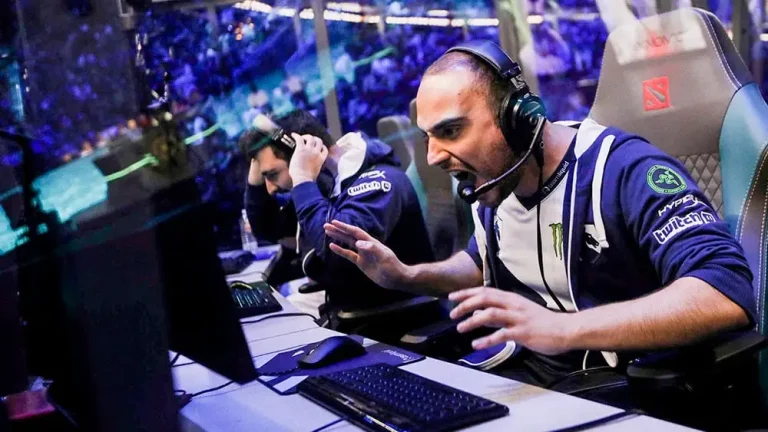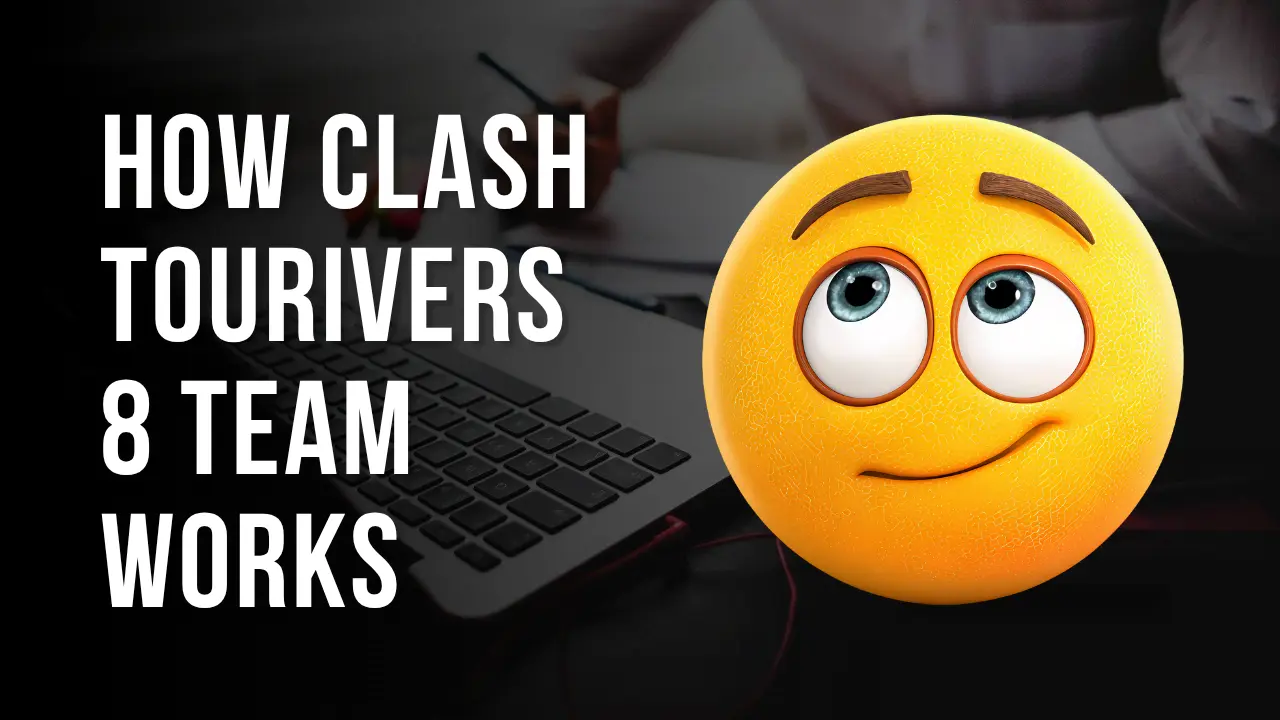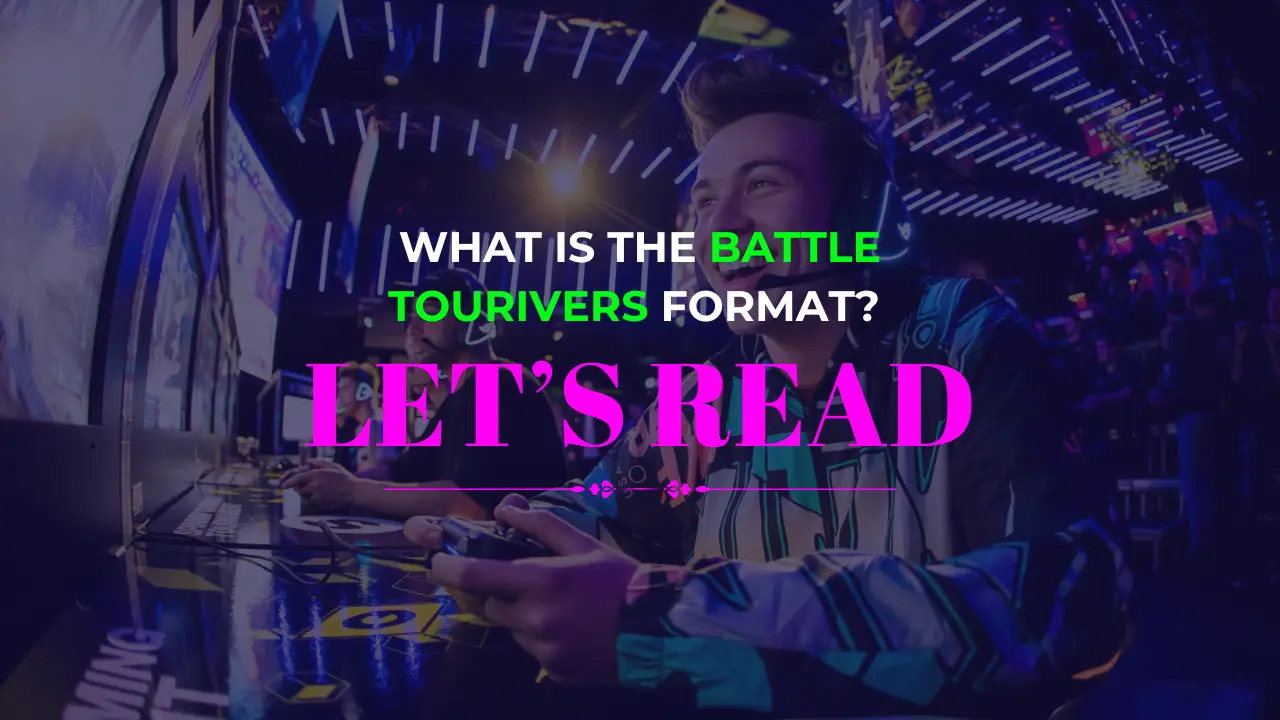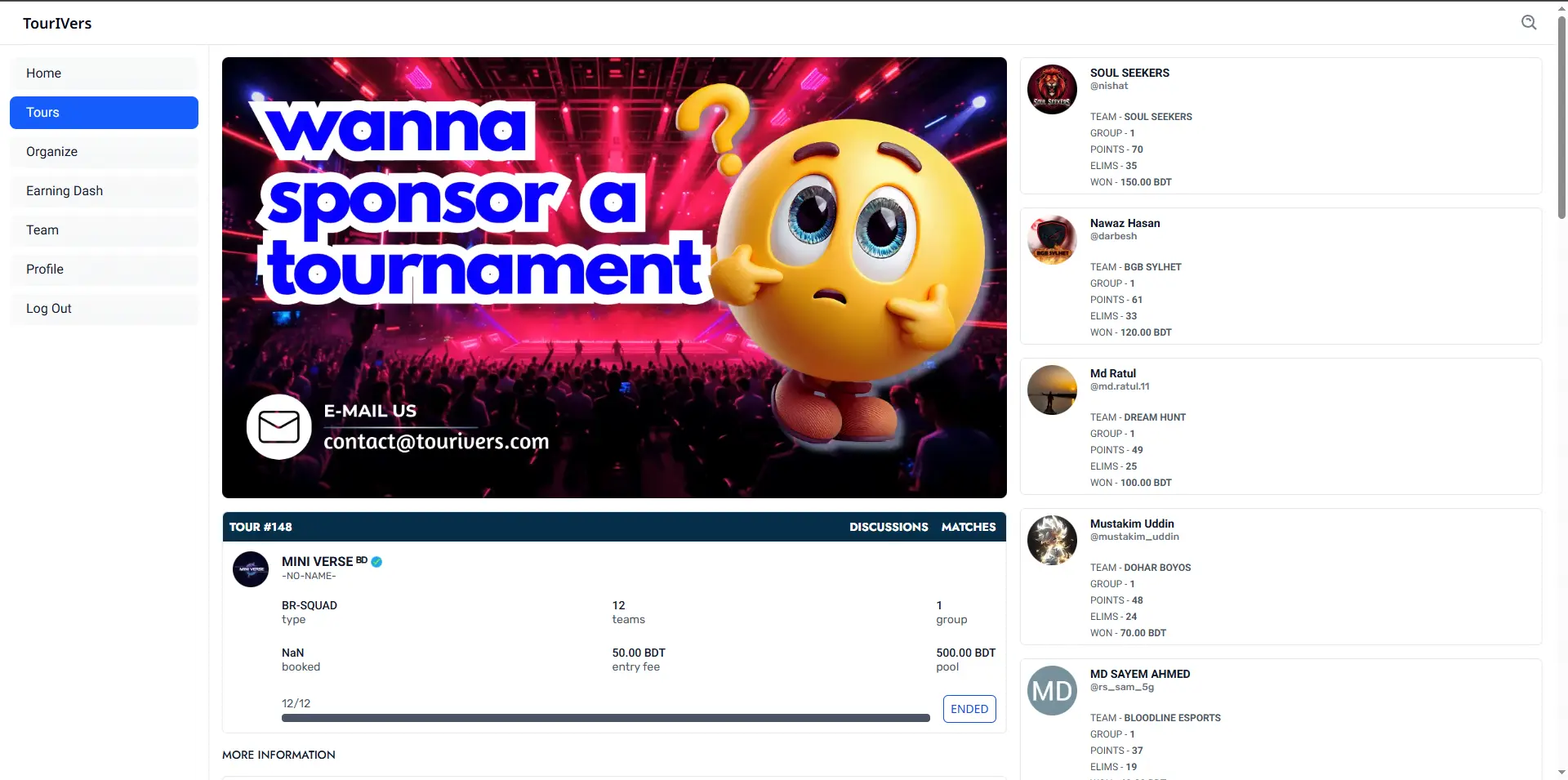Esports, short for electronic sports, has transformed the gaming world into a multi-billion-dollar global industry. What started as casual competitive gaming among friends has now grown into organized tournaments, professional teams, and millions of passionate fans worldwide.
But what is esports exactly? How do esports tournaments work, and why is it becoming such an important part of modern culture? In this comprehensive guide, we’ll explore everything about esports—from its origins and structure to its impact on society and the future of competitive gaming in 2025.
What is Esports?
Esports refers to organized, competitive video gaming, where players or teams compete at various levels—from amateur tournaments to international championships. Unlike casual gaming, esports focuses on skill, strategy, teamwork, and performance under pressure.
The term “esports” can be applied to multiple genres of games, including:
- Multiplayer Online Battle Arenas (MOBAs): Games like League of Legends and Dota 2 emphasize strategy and team coordination.
- First-Person Shooters (FPS): Games like Counter-Strike: Global Offensive and Call of Duty test precision and reflexes.
- Battle Royale Games: Titles like Fortnite combine survival, combat, and strategy.
- Sports Simulations: Games like FIFA and NBA 2K recreate traditional sports in a digital environment.
Esports competitions can take place online or in physical arenas, often drawing massive audiences and offering significant prize pools.
The History of Esports
Understanding esports’ growth requires a look back at its history:
1. Early Competitive Gaming (1970s–1980s)
The first video game competitions were simple arcade events. The Space Invaders Championship (1980) attracted over 10,000 participants and marked the start of organized gaming competitions.
2. Rise of PC Gaming (1990s)
The 1990s introduced competitive PC games like StarCraft and Quake. South Korea became the epicenter of professional esports, with televised tournaments and massive fan followings.
3. Online Gaming and Streaming (2000s)
With broadband internet, players could compete online globally. Platforms like Twitch emerged, allowing fans to watch live matches and interact with players.
4. Modern Esports (2010s–Present)
Today, esports is a professional industry with structured leagues, international championships, team management, sponsorships, and millions in revenue. Events like The International (Dota 2) and the League of Legends World Championship attract millions of viewers worldwide.
How Esports Works
Esports functions similarly to traditional sports, combining competition, training, media, and business operations.
1. Competitive Play
Players participate in:
- Local Tournaments: Community-based events for amateur players.
- Regional Leagues: Organized competitions at a city, state, or country level.
- International Championships: Global competitions with millions of viewers and multi-million-dollar prize pools.
2. Professional Teams
Professional teams recruit skilled players and provide coaching, strategy planning, and sponsorship management. Teams often include:
- Players: Compete in matches.
- Coaches: Train players and develop game strategies.
- Analysts: Study opponents and track gameplay statistics.
- Content Creators: Stream gameplay and engage fans online.
3. Streaming and Broadcasting
Platforms like Twitch, YouTube Gaming, and TikTok Gaming allow fans to watch live matches, interact with players, and follow esports events. Streaming has become a major revenue source for both players and teams.
4. Revenue and Monetization
Esports generates revenue through:
- Sponsorships from global brands like Nike, Intel, and Red Bull.
- Advertising through in-game promotions, online streams, and tournaments.
- Merchandise sales, including jerseys, peripherals, and collectibles.
- Tournament prize pools and entry fees.
Popular Esports Games
Some games dominate the competitive scene due to their global appeal, strategic depth, and fan engagement:
- League of Legends (LoL): A MOBA requiring teamwork, strategy, and adaptability.
- Dota 2: Known for one of the largest esports prize pools worldwide.
- CS:GO: A tactical FPS emphasizing precision, teamwork, and strategy.
- Fortnite: Battle royale with survival, combat, and building mechanics.
- Overwatch: Team-based shooter with hero roles and strategic objectives.
Is Esports a Sport?
There is ongoing debate over whether esports qualifies as a sport.
Arguments For:
- Requires skill, strategy, and practice.
- Professional teams and leagues mirror traditional sports structures.
- Athletes experience mental and physical strain during high-level play.
Arguments Against:
- Lack of significant physical exertion compared to traditional sports.
Many countries, including South Korea and the Philippines, officially recognize esports as a sport, and educational institutions increasingly offer esports scholarships.
Why Esports is Important
Esports impacts society and the economy in multiple ways:
1. Career Opportunities
Esports offers diverse career paths: professional player, coach, analyst, content creator, and event organizer.
2. Skill Development
Players improve reflexes, strategic thinking, teamwork, communication, and decision-making under pressure.
3. Global Community
Esports connects millions worldwide, building communities around games, tournaments, and online platforms.
4. Economic Impact
Esports contributes billions to the global economy, from sponsorships and advertising to merchandise and ticket sales.
How to Get Started in Esports
Whether as a hobby or career, you can get involved in esports:
- Play Competitive Games: Start with local tournaments and online competitions.
- Join an Esports Team: Amateur teams provide practice, coaching, and competitive experience.
- Stream Your Gameplay: Platforms like Twitch allow you to build an audience and earn revenue.
- Attend Tournaments: Learn from professionals and network with the esports community.
- Professional Training: Esports academies and coaching programs help refine skills for professional play.
FAQs About Esports
Q: How much do esports players make?
A: Earnings vary from a few hundred dollars for amateurs to millions for top-tier professionals through salaries, sponsorships, and tournament winnings.
Q: Can anyone become an esports player?
A: Yes, with dedication, consistent practice, and strategic gameplay.
Q: Are esports physically demanding?
A: While not physically intense like traditional sports, esports requires high mental focus, reflexes, and hand-eye coordination.
Q: Where can I watch esports events?
A: Twitch, YouTube Gaming, TikTok Gaming, and official tournament websites.
Q: Are esports games only for young players?
A: No, esports welcomes players of all ages. However, most professional players are younger due to reflex and stamina demands.
The Future of Esports
The esports industry continues to grow rapidly:
- Technological Advancements: VR and AR may transform gameplay and viewing experiences.
- Global Expansion: Emerging markets in Africa, South America, and Southeast Asia will broaden audiences.
- Educational Integration: Schools and universities increasingly offer esports programs and scholarships.
- Mainstream Recognition: Esports may soon be included in major sporting events, including the Olympics.
Esports is no longer just gaming—it’s a professional, global industry shaping culture, technology, and the economy. From competitive tournaments and professional teams to streaming platforms and international fans, esports offers opportunities for players, investors, and enthusiasts alike.
Understanding esports in 2025 is essential for anyone interested in gaming, careers, or the future of entertainment. Whether you’re a player, a fan, or a content creator, the esports revolution is here—and it’s only growing.








